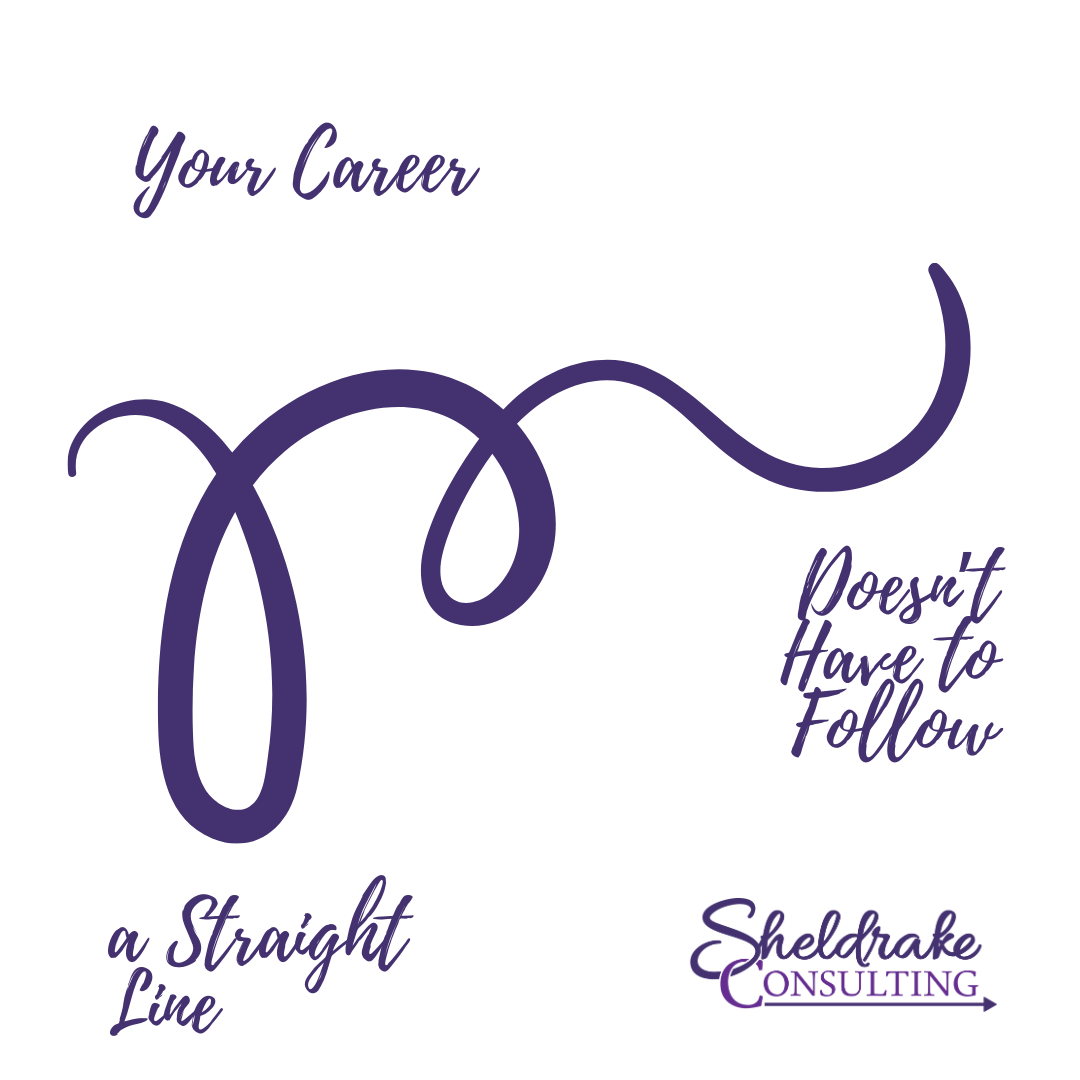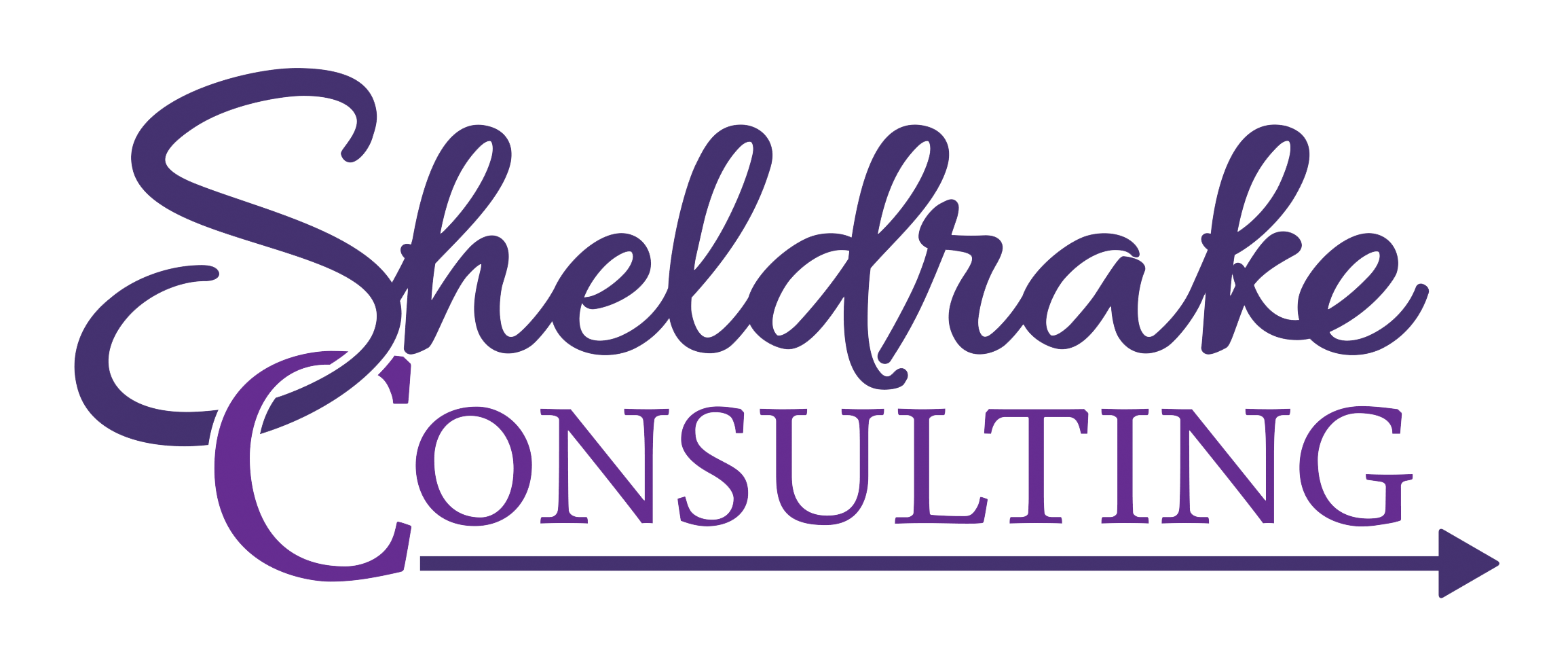You’ve done the work. You’ve led teams, launched initiatives, hit milestones—and now you’re ready for the next chapter. But suddenly, you’re running into an unexpected obstacle: you’re “too qualified.”

Whether you’re applying for jobs and not hearing back, eyeing a lower-stress role, or returning after a break, the “overqualified” label can feel like a door slamming shut. But here’s the truth: your experience is not the problem. The real issue is perception—and perception is something you can shift.
Let’s dig into three common scenarios and what to do instead:
You Have Decades of Experience… and No One’s Calling
You thought having a deep, successful career would make this next step easier. But instead of callbacks, you’re met with silence. Hiring managers might worry about salary expectations, cultural fit, or assume you won’t stick around long.
What to do:
- Update your resume to match the level of the role. Don’t include every position going back 25 years—highlight your most relevant experience from the past 10–15.
- Address misperceptions directly. Use a line in your cover letter like: “I’m looking for a role where I can make an impact, mentor others, and continue learning—without needing to lead a department.”
- Don’t over-title yourself. Consider simplifying senior-level job titles (e.g., “Communications Manager” instead of “Senior Director of Global Communications”) to avoid scaring off mid-level opportunities.
- And for the love of LinkedIn…Please do not call yourself “seasoned.” You’re not chicken. Other words to try:
- Expert
- Leader
- Senior
- Veteran

Or better yet, don’t label yourself at all—let your accomplishments speak.
You’ve earned your experience—own it. Just make sure the story you’re telling is tailored to what they need to hear.
You Want a Step Down (on Purpose)
Not everyone is chasing the next big title. Maybe you’ve been there, done that—and now you want something smaller, steadier, less all-consuming. Or maybe you’re pivoting into a new industry and know you need to build from the inside out. But hiring managers worry you’ll get bored, bolt, or expect to run the show.
What to do:
- Explain your “why.” Use your cover letter or interviews to clarify your motivation—whether that’s work-life balance, shifting values, or learning a new industry.
- Focus on the value you bring, not just your past responsibilities. Example: “In my previous leadership roles, I developed strong systems thinking and people skills that translate well to this team-focused position.”
- Watch your tone. Avoid sounding like you’re above the role. Instead, show curiosity and respect for the work being done at this level.
- If you’re switching industries, say so. Frame it as a strategic move to build foundational knowledge in a new space.
Taking a step down isn’t a failure—it’s a recalibration. Or a reinvention.
Your career doesn’t have to follow a straight line. And your resume should reflect excitement for what you’re moving toward, not what you’re walking away from.

You’re Re-entering After a Break—And You Just Need a Job
You took time off for caregiving, personal growth, or a pandemic pivot. Now you’re ready to return to the workforce—but your experience reads as “overqualified,” and your gap makes employers unsure.
What to do:
- Own the gap. Add a one-liner in your resume summary: “After a two-year break for family caregiving, I’m excited to return to work and bring my 15+ years of experience to a mission-driven team.”
- Demonstrate momentum. Include anything you’ve done to stay current—online courses, volunteering, consulting, or industry events.
- Reassure them you’re ready to contribute. Be clear that you’re not “starting over,” you’re re-engaging with intention.
Don’t hide your break—contextualize it. What you bring now is a blend of experience and perspective that’s invaluable.

Experience Isn’t the Issue—Messaging Is
Being labeled “overqualified” can be frustrating—but it’s also a reminder to take control of your narrative. You don’t have to downplay your experience. You just need to make sure it aligns with what the role—and the hiring manager—actually need.
Action Steps to Try Today:
- Do a resume audit: Does your experience match the role level? Or does it read like you’re applying out of boredom?
- Craft a personal positioning statement: One or two lines that explain your current goals and what you’re seeking next.
- Practice a confident response to “you seem overqualified”: Try, “I see this role as a great fit for my skills and the impact I want to make right now.”
- Get a second set of eyes: Ask a coach, recruiter, or trusted friend to review your materials with this question in mind: “Would this feel intimidating to someone hiring for a mid-level role?”
At Sheldrake Consulting, I help women take control of their narrative. Whether you’re pivoting, pausing, or powering up, your experience is not something to hide. It’s your power source. Want help reframing your resume or getting clear on your next move? Let’s talk.

